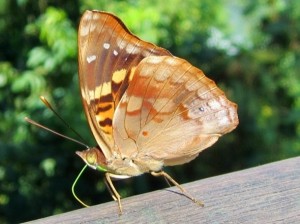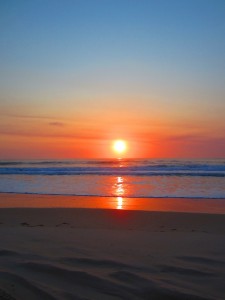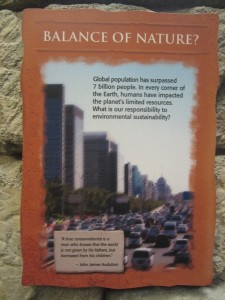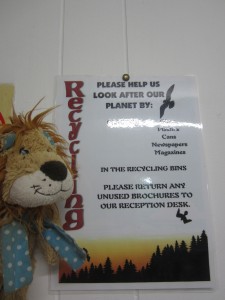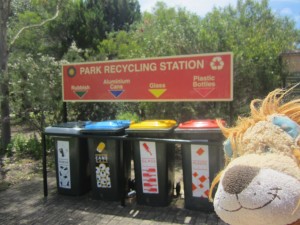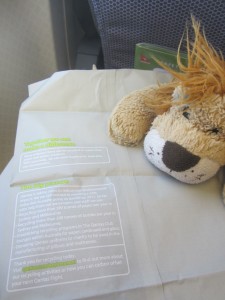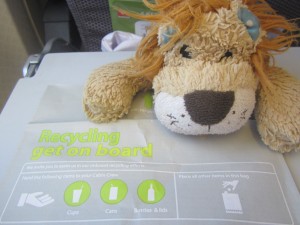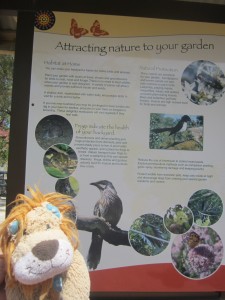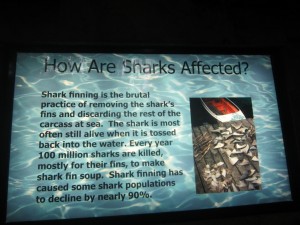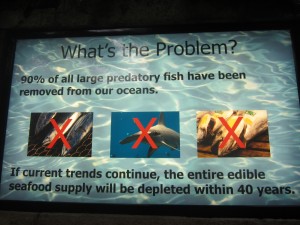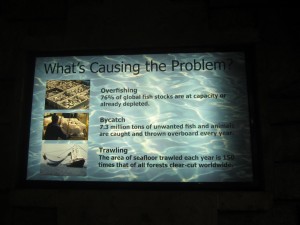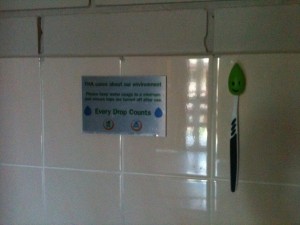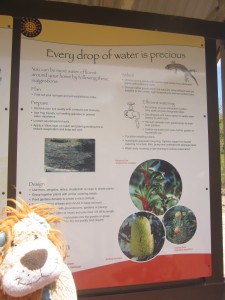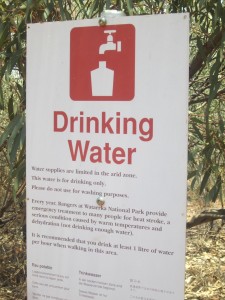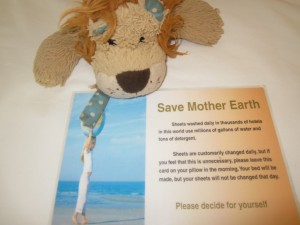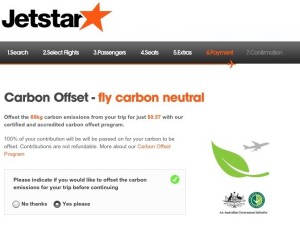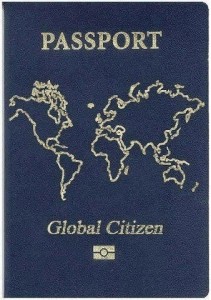We do not inherit the land from our ancestors;
we borrow it from our children.
John James Audubon
26 Then God said, “Let us make humankind in our image, after our likeness, so they may rule over the fish of the sea and the birds of the air, over the cattle, and over all the earth, and over all the creatures that move on the earth.” 27 God created humankind in his own image, in the image of God he created them, male and female he created them. 28 God blessed them and said to them, “Be fruitful and multiply! Fill the earth and subdue it! Rule over the fish of the sea and the birds of the air and every creature that moves on the ground.” 29 Then God said, “I now give you every seed-bearing plant on the face of the entire earth and every tree that has fruit with seed in it. They will be yours for food. 30 And to all the animals of the earth, and to every bird of the air, and to all the creatures that move on the ground– everything that has the breath of life in it– I give every green plant for food.” It was so.
The Holy Bible: GENESIS 1:26-30
The more Lewis the Lion travelled around the world, the more he truly appreciated what a magnificent planet he lived on. The beauty of the natural world around him left him with a deep sense of wonder and awe to the point where often he was left both speechless and mesmerised.
However because of the growing world population and the depletion of the world’s natural resources, it caused him to consider what he could do to help protect the planet to make it a better place for us all to live in so that we could pass it on to our future generations?
He thought about it in terms of some of these reoccurring main themes as he travelled from country to country:
– Recycling
– Taking care of the animals and wildlife around him
– Saving water
– Reducing carbon emissions
– Reducing litter and pollution
Recycling
Lewis the Lion realised that this could be done with simple things, e.g. In any given hostel or hotel, if he wasn’t using the leaflets or pamphlets to return them, thus saving on paper.
In many places around the world he was encouraged to separate his waste according to it being plastic, glass, aluminium or paper. Again, this really wasn’t difficult, it just required a little bit of thought.
For instance Lewis the Lion saw how this airline encouraged its passengers to recycle even in midair.
Reading their statistics, he realised that if everybody played their part that it really could make a big difference. Recycling materials means that there is less reason to use up more of the earth’s natural raw resources which will eventually run out.
Taking care of the animals and the wildlife around us
Lewis the Lion realised that it is our responsibility to look after the natural world around us and to be good stewards for the animals in this world. On his travels, he learnt that man can sometimes be brutal towards animals, e.g. Shark finning as you can see in this photo.
Due to greed, man often showed blatant disregard for the planet and its species as you can see in these photos which tell us about problems which affect our oceans.
He also learnt how we can play our part in ensuring that endangered animals are protected, e.g. through organisations and charities such as the World Wildlife Fund. Click here to find out more.
Every drop of water is precious
Without water we can not survive and yet Lewis the Lion discovered that in many countries, water is very scarce: every drop is precious. In some countries in the world, people had to walk for miles to get clean, running water.
He learnt that in whichever country you live in, you can adopt good habits, e.g. Turning the tap of whilst you brush your teeth or taking shorter showers.
In Australia, he learnt that local communities played their part, e.g. in Perth they can only water their gardens or wash their cars on two days of the week and you knew which day of the week it was your turn according to your house number.
He could help reduce his use of water on his travels by not having his towels or linen washed everyday unless it needed it.
These simple reductions could make a big difference in his water consumption rate.
What things could you do to reduce your water consumption rate too?
Reducing carbon emissions
Lewis the Lion was very conscious that travel in itself was not good for the planet. All vehicles emitted carbon dioxide gases into the atmosphere and some more than others, particularly air travel. He therefore tried to reduce the number of flights he took where possible, opting instead for alternative transport: bike, coach, ferry travel or even walking when he could.
If he did have to fly, he often had the option to pay to offset his carbon emissions: an additional cost with which the airlines try to reduce the emissions of their aircraft.
Also buying food products that are locally sourced can reduce the amount of air miles products travel and thus save on carbon emissions.
What other small thing could you do to reduce your use of electricity and carbon emissions?
Reducing litter and pollution
Lewis the Lion noticed that in some countries there were adverts to remind people to dispose of their rubbish properly and even heavy fines if they were caught littering in the wrong place. However, he also noticed that in some countries, particularly the developing countries that litter was strewn all over the place as if people didn’t take pride of their own environment. He decided that wherever he was in the world, it was his responsibility to make sure that he either disposed of any litter appropriately or if there were no litter bins in sight, to take his rubbish home with him.
Lewis the Lion knows that as a global citizen, we all have a duty to look after this wonderful planet.
How can we all play our part as responsible Global Citizens and stewards of the Earth?

